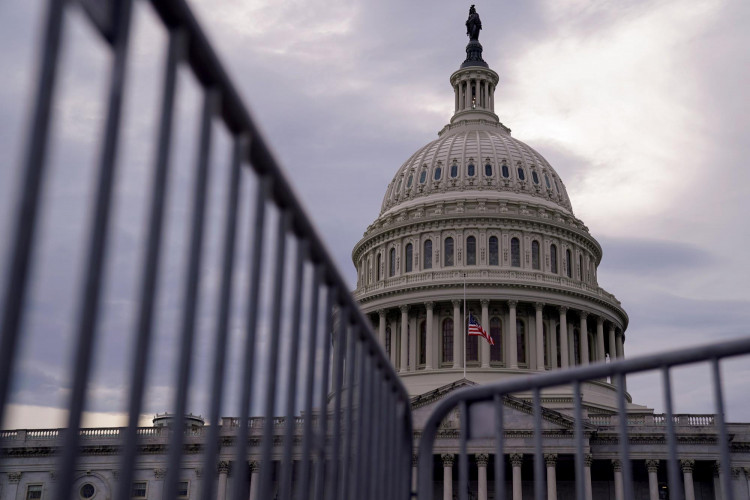Suggesting a tapered down pandemic bailout might be all that can be laid on the table, White House officials still went on with Monday's much-hyped release of the Senate Republicans' proposed $1 trillion stimulus as legislators from both sides of the aisle criticized the plan as bearing no significance in a time of global health turmoil.
Conservative legislators did not waste time and assailed the latest relief effort as misguided and expensive. Democrats thought it was a ridiculously late attempt that is way far out of the country's exigency to cushion the economic devastation of the coronavirus pandemic that has sickened almost 4.3 million Americans and claimed the lives of over 147,000.
Senate Republicans formally introduced their latest stimulus proposition, which includes a $400 reduction in enhanced jobless claims and was rolled out as an opening offering for bipartisan talks with Democrats while the White House tries to make sense out of the public and economic health nightmare that's gripping the world today.
The Senate is now back in the grind about what could be in store for the next relief package – a first concrete indication of what Kentucky Republican Senate leader Mitch McConnell refers to as the HEALS Act, or the Health, Economic Assistance Liability Protection & Schools Act.
Republicans are proposing a $400 per week cut in jobless benefits in their $1 trillion economic relief program, which would mean that federal payments for tens of millions of unemployed Americans would drop to $200 from $600, McConnell said.
The bid to cut unemployment aid by two-thirds is now clearly looking to be one of the most hotly disputed issues in bipartisan negotiations over the next round of pandemic stimulus. Democrats back a $3 trillion aid that includes jacking up the $600 per week payments, which expire on Friday, through the end of 2020.
House Speaker Nancy Pelosi panned the Trump administration's inclination to cut the $600 weekly jobless assistance to around 70 percent of pre-crisis pay. She also disclosed she is against working on a stimulus bill in piecemeal fashion.
The relief package will include a variety of elements, including liability protection, a second serving of direct payments to Americans, and a second round of the Paycheck Protection Program loans aimed at helping keep the worst-hit small businesses operating. It is the fifth installment since the pandemic broke out in March and is likely the final economic boost before the November election.





